Practical Nursing Assignment: Ethical Dilemmas, Health Equity Analysis
VerifiedAdded on 2022/08/16
|5
|517
|24
Report
AI Summary
This practical nursing assignment delves into the ethical dilemmas faced by nurses, specifically focusing on patient autonomy, beneficence, and the promotion of health equity. The assignment begins by defining ethical principles and illustrating them with a real-world scenario involving a registered nurse (RN) dealing with a patient's refusal of prescribed treatment. The nurse's role in balancing patient autonomy with the principle of beneficence is explored, highlighting the complexities of ethical decision-making in healthcare. Furthermore, the assignment emphasizes the importance of health equity, defining it as the goal of ensuring that all individuals have a fair opportunity to achieve optimal health. The nurse's responsibility in advocating for social justice and addressing health disparities is discussed, reinforcing the commitment to mitigate health inequalities and address the social determinants of health. The assignment incorporates relevant references to support the concepts discussed, providing a comprehensive overview of key ethical and equity considerations in nursing practice.
1 out of 5
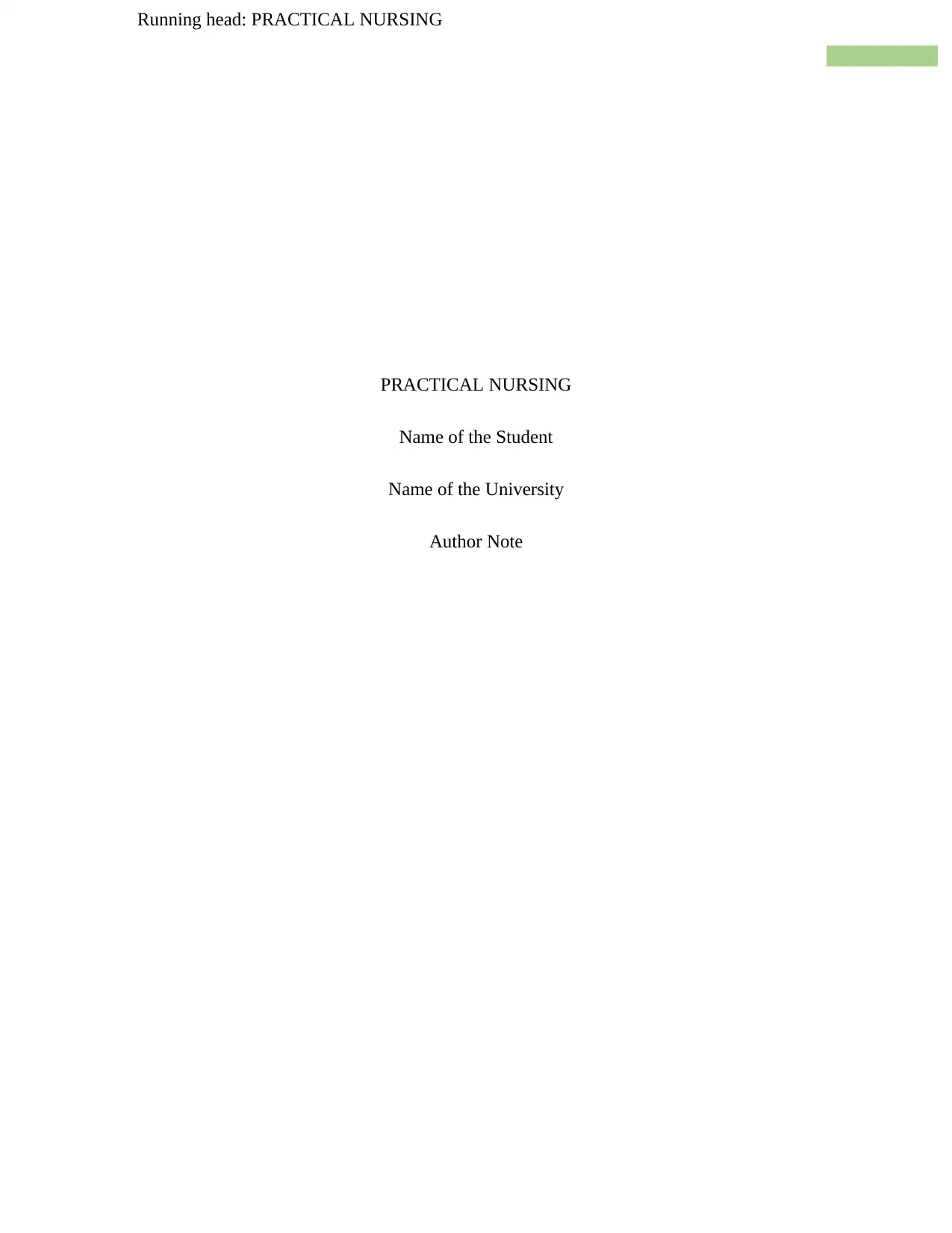
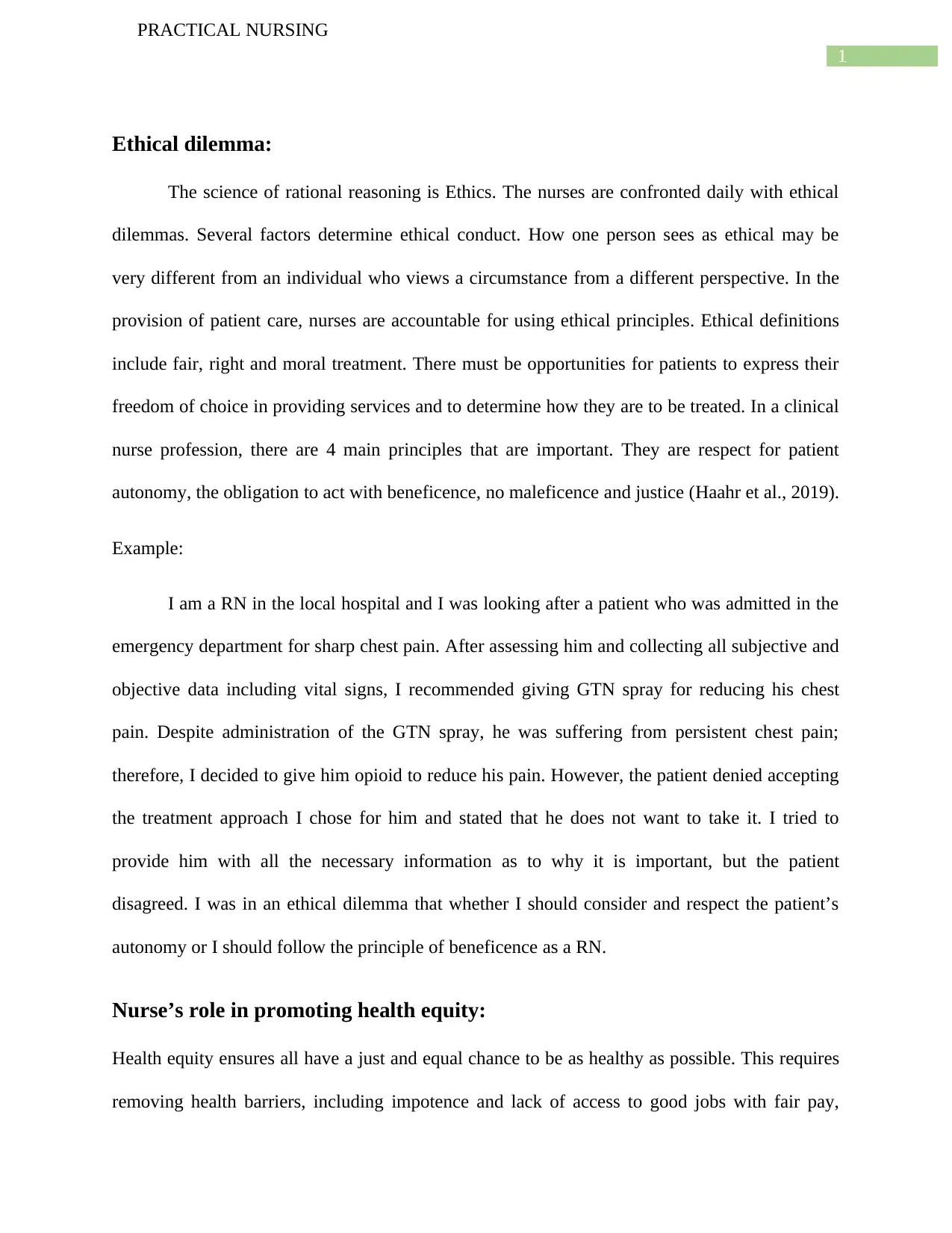
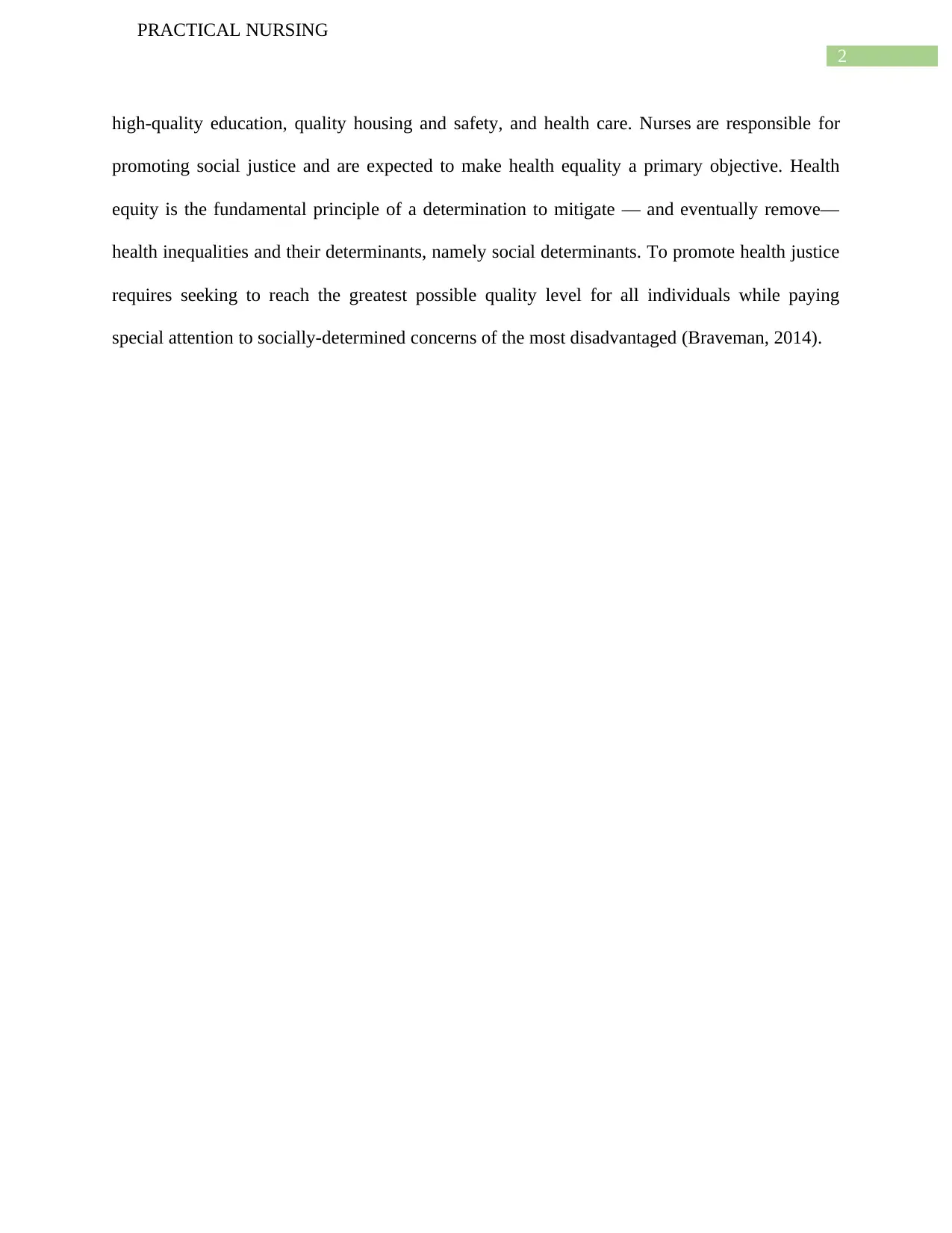

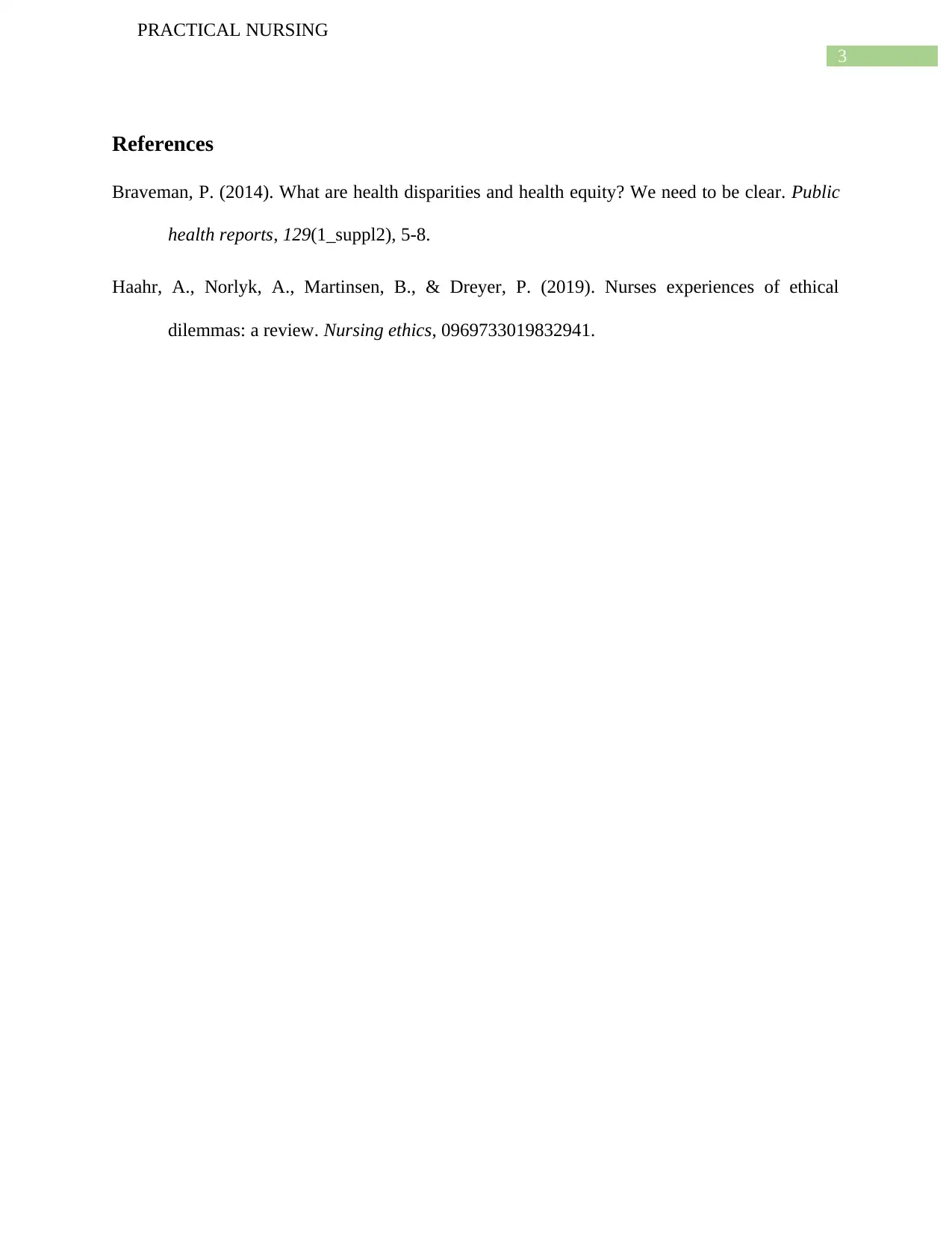
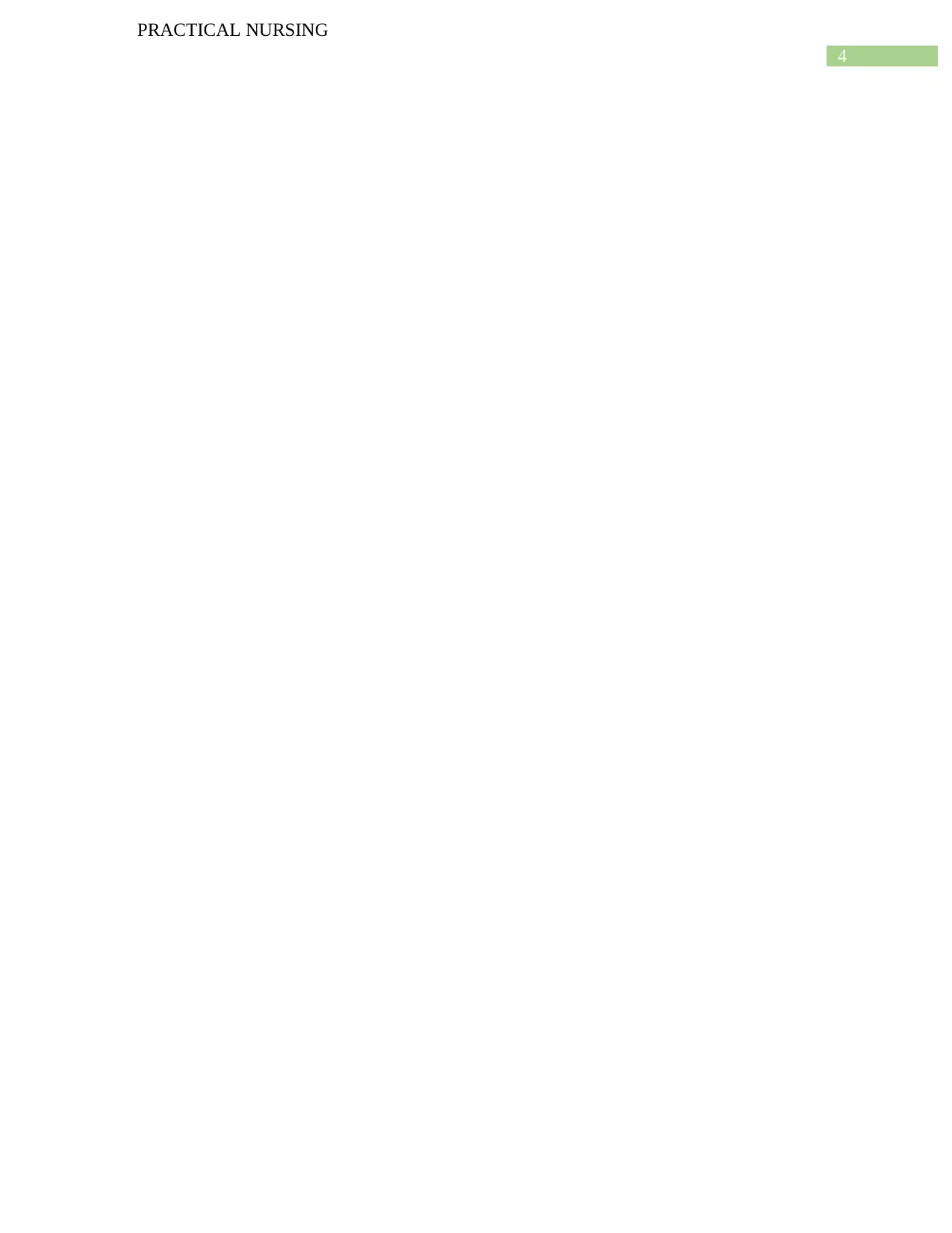






![[object Object]](/_next/static/media/star-bottom.7253800d.svg)